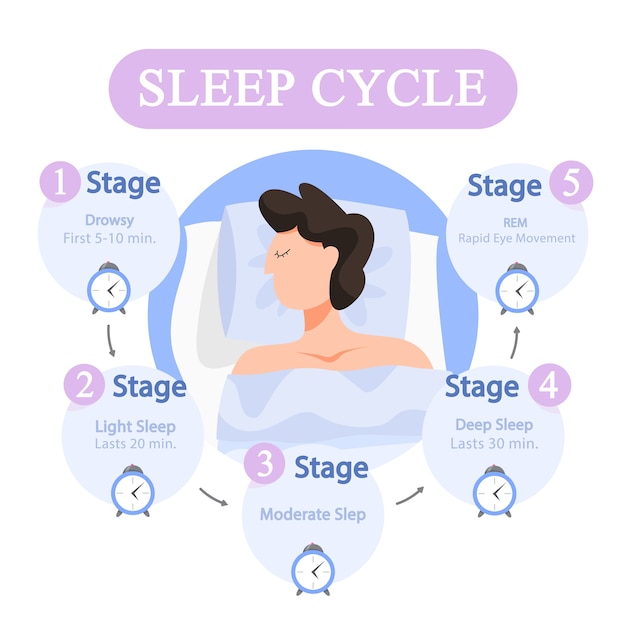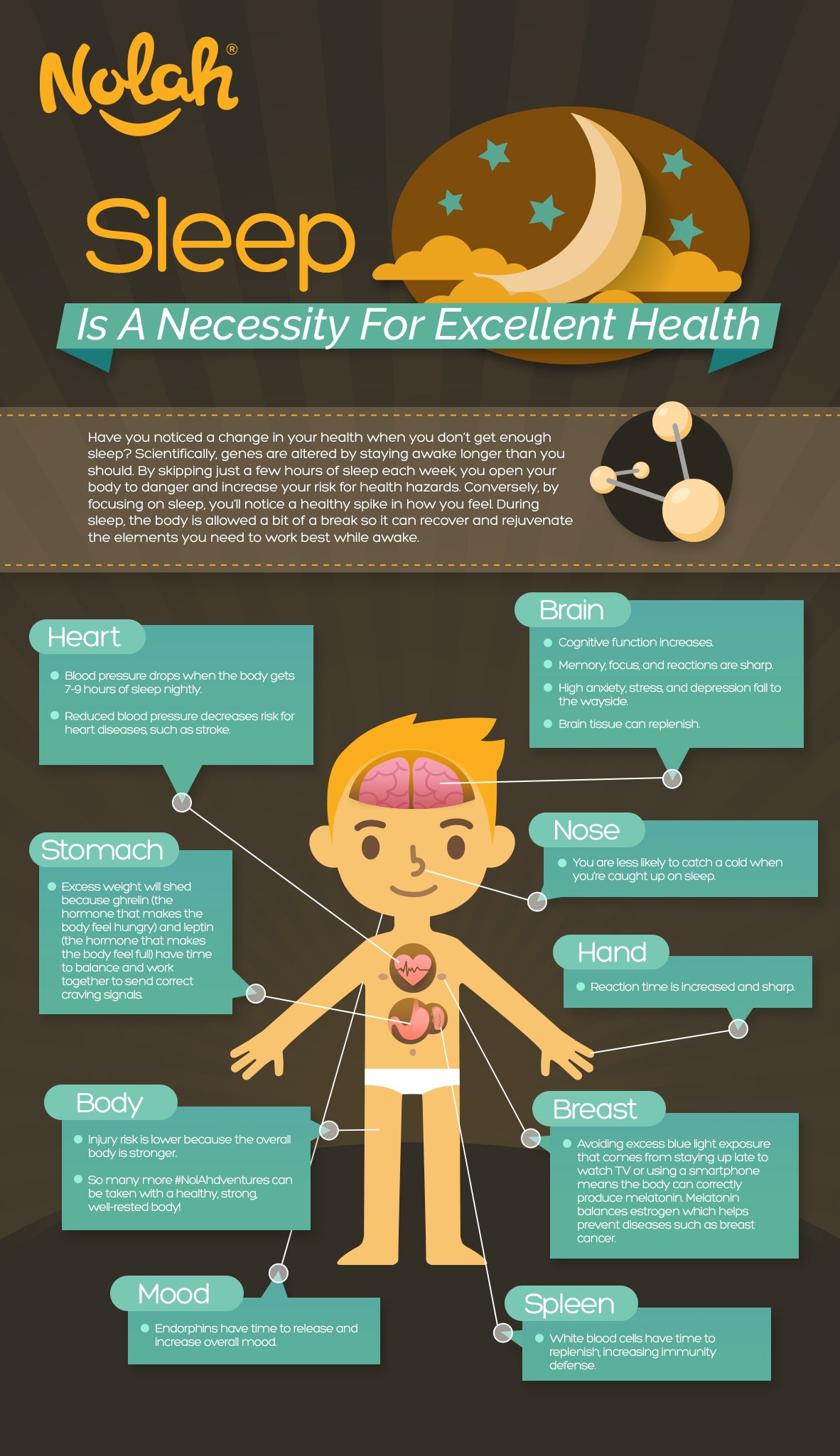Mastering Sleep: The Science Behind Our Body's Greatest Ally
★
The Sleep Cycle: Navigating Through Stages
Sleep isn't a continuous state; rather, it's composed of various stages that repeat throughout the night. The sleep cycle consists of two main categories: rapid eye movement (REM) sleep and non-REM sleep. During REM sleep, our brain is highly active, and this is when we experience vivid dreams. Non-REM sleep is further divided into three stages, each characterized by different brain wave patterns.
 |
| Image source |
Why Sleep Matters: The Physical Impact
The significance of sleep becomes apparent when we examine its effects on our physical health. During sleep, our body works to repair and rejuvenate itself. Adequate sleep supports immune function, helps regulate hormones, and contributes to the repair of muscles and tissues. Chronic sleep deprivation has been linked to increased risks of obesity, diabetes, cardiovascular diseases, and a weakened immune system.
Cognitive Clarity: Enhancing Mental Processes
Have you ever felt mentally foggy after a night of poor sleep? Sleep plays a crucial role in cognitive functions such as memory, attention, problem-solving, and creativity. During sleep, the brain consolidates memories, processes information from the day, and clears away waste products. A good night's sleep can lead to improved cognitive performance and enhanced decision-making abilities.
Emotional Resilience: The Connection between Sleep and Mood
The link between sleep and emotions is intricate. Sleep deficiency can contribute to mood disorders such as anxiety and depression. It's a two-way street – emotional disturbances can also disrupt sleep. During deep sleep stages, the brain processes emotions, helping us regulate and cope with them. Prioritizing sleep can lead to emotional resilience and a more balanced emotional state.
 |
| Image source |
The Sleep-Immunity Nexus: Building a Strong Defence
Ample sleep is the unsung hero of a robust immune system. While we sleep, our body produces cytokines – proteins that help combat infections and inflammation. Chronic sleep deprivation weakens our immune response, leaving us more susceptible to illnesses. Prioritizing sleep can be a proactive measure in maintaining good health, especially during challenging times.
Strategies for Quality Sleep: Making it a Habit
Getting quality sleep is a goal achievable with mindful practices. Establishing a sleep routine, keeping a consistent sleep schedule, and creating a comfortable sleep environment are key factors. Limiting screen time before bed, managing stress through relaxation techniques, and avoiding heavy meals close to bedtime can also contribute to restful sleep.
| Image source |
The Power of Naps: Recharge and Refresh
In our busy lives, naps often get overlooked. However, short naps of around 20-30 minutes can provide a quick energy boost and enhance cognitive performance. Napping can also counteract the negative effects of sleep deprivation. Just be cautious not to nap for too long, as it might interfere with night time sleep.
 |
| Image source |
Unlocking the Potential of Sleep: A Wellness Revolution
The science of sleep is an evolving field, and its importance cannot be overstated. Prioritizing sleep is not a luxury; it's a necessity for holistic well-being. Embracing healthy sleep habits can lead to a more energetic, focused, and emotionally balanced life.
★
In a world where we're constantly bombarded with information and responsibilities, let's remember the simple yet profound act of getting a good night's sleep. It's not just about quantity; it's about the quality of sleep that nourishes our body, mind, and soul.





